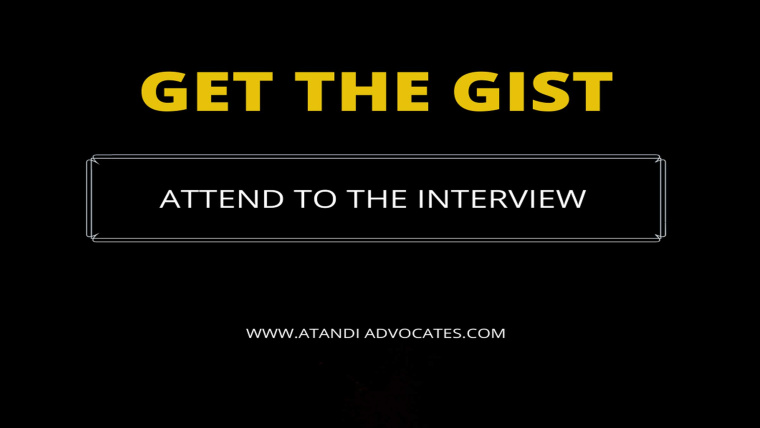In the wake of the 2010 Constitution, public participation features greatly. Public Participation being actions a person or group can take to get involved in issues of government or community that concern them, in the context of the Kenyan constitution, it is to ensure that citizens are heard and that they actively participate in decision that impact them. Typically this stems from the drive towards devolved governance.
Public participation in governance can be undermined when there is a lack of civic education. Civic education plays a crucial role in empowering citizens to engage meaningfully in the democratic process and hold their leaders accountable. Without adequate civic education, the result is “meretricious governance”.
The term “meretricious governance” is used here to refer to practices that prioritize superficial allure over substantive impact, often at the expense of public trust and societal well-being. This undermines democratic values, hinders effective resource allocation, and erodes the foundation of accountable leadership.
At its core, meretricious governance thrives on illusion rather than substance. It manifests in policies and initiatives designed more for show than for genuine societal benefit. Such governance strategies usually include flashy infrastructure projects that fail to address fundamental infrastructure needs, or highlight populist rhetoric that resonates emotionally but lacks practical implementation.
Public participation then is meant to address key issues as follows:
Democratic Principles and Public Trust
In democratic societies, governance should reflect the collective will of the people and operate with transparency. Meretricious practices distort this ideal by manipulating public perception, thereby skewing policy priorities away from genuine societal needs. This distortion not only weakens democratic principles but also diminishes public trust in governmental institutions.
Accountability and Resource Allocation
Effective governance hinges on accountability and responsible resource allocation. Meretricious practices, however, divert resources towards projects that offer little substantive value or long-term impact. This misallocation not only wastes financial resources but also impedes sustainable development efforts aimed at addressing critical societal challenges.
Building Trust and Confidence
Trust is the cornerstone of effective governance. Genuine leadership builds trust by demonstrating integrity, honesty, and a commitment to serving the public interest. In contrast, meretricious governance fosters skepticism and disillusionment, undermining societal cohesion and stability.
Sustainable Development and Human Rights
Addressing meretricious governance is essential for promoting sustainable development and upholding human rights. By focusing on meaningful policies and initiatives, governments can address systemic inequalities, improve access to essential services such as healthcare and education, and safeguard the rights of all citizens.
Global Implications and Reputation
Internationally, nations with transparent and accountable governance systems are viewed more favorably. They attract investment, foster diplomatic relationships, and contribute positively to global stability. In contrast, meretricious practices can tarnish a country’s reputation, undermining its credibility and influence on the world stage.
Conclusion
To address meretricious governance requires concerted efforts to promote transparency, accountability, and ethical leadership. It necessitates robust mechanisms for public participation, independent oversight, and media literacy. Empowered citizens are able to discern between genuine governance and meretricious facades. This way it is possible to uphold democratic values, achieve sustainable development goals, and ensure a future where governance serves the collective good effectively and responsibly.



